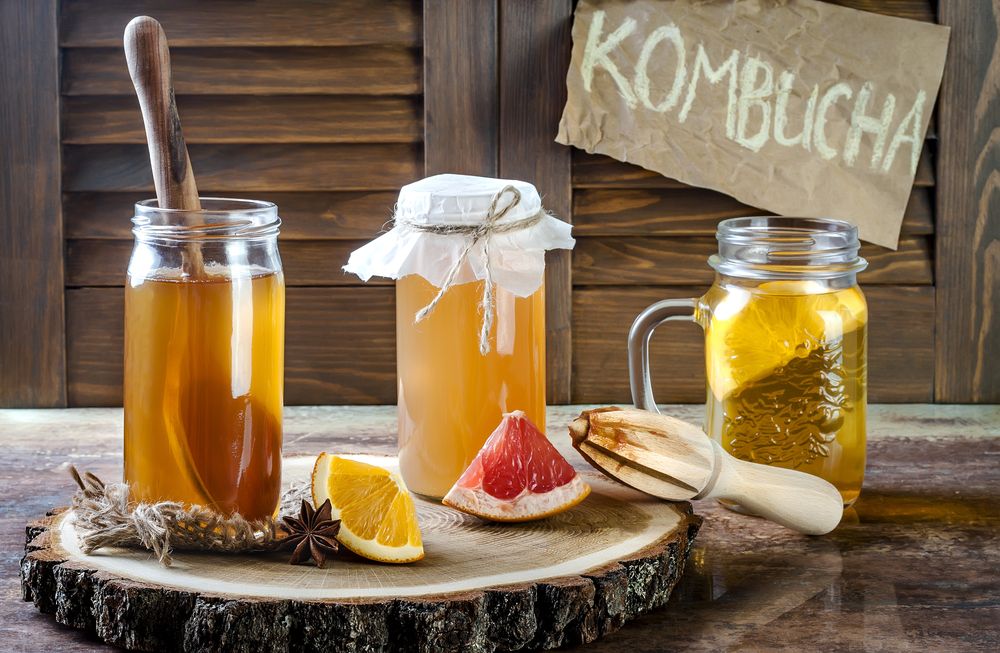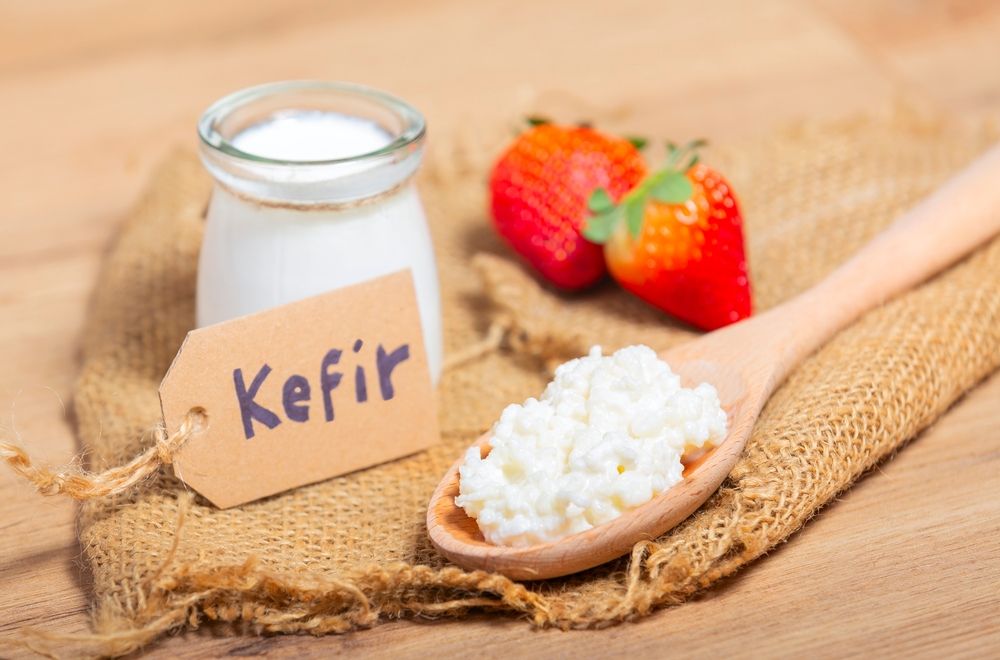
A healthy gut is associated with benefits ranging from improved digestion to reduced inflammation. Recognizing this, the food industry has quickly introduced probiotics—beneficial bacteria—into many everyday foods. One of the easiest and tastiest ways to incorporate more probiotics into your diet is by enjoying a probiotic drink, which can be packed with millions, even billions, of these tiny, beneficial microorganisms.
What exactly are probiotics, and how do they work?
Probiotics are live bacteria and yeast that support a healthy microbiome by populating various areas of the body, especially the gut, where the highest concentration and diversity of bacteria are found.
Two of the most well-known groups of probiotics are Lactobacillus and Bifidobacterium, each comprising various species that serve different functions, according to the National Institutes of Health.
Specific probiotics can produce essential vitamins, block harmful microbes from entering the bloodstream, and aid in the breakdown and absorption of medications and nutrients, as noted by the Cleveland Clinic.
Overall, probiotics help maintain a balance of beneficial bacteria that keeps harmful bacteria in check while bolstering the immune system. As they establish themselves in the gut, probiotics ferment fibers and other indigestible foods, creating beneficial compounds like short-chain fatty acids that contribute to overall health.
Do Probiotic Drinks Offer Any Health Benefits?
Probiotic drinks often contain a variety of microorganisms and may also provide additional benefits, such as calories, protein, calcium, vitamin D, and other essential micronutrients.
Depending on the type of probiotic drink, you might receive a comparable amount of microorganisms as you would from a gut health supplement. However, it's important to remember that, like supplements, probiotic drinks aren't regulated by the FDA. This means that while the label may list certain probiotics, there's no guarantee that the drink contains the quantities advertised.
Types of Probiotic Drinks
When selecting a probiotic drink, you have several options, each with its own unique benefits. Here are some of the most common types:
- Kefir: A fermented milk drink known for its tangy flavor, rich in probiotics, and containing a wide range of bacterial strains, making it one of the most potent probiotic drinks.
- Kombucha: A fermented tea that is slightly effervescent and contains low levels of probiotics. Kombucha is also recognized for its antioxidants and other health benefits.
- Yogurt Drinks: Made from dairy or plant-based milk, these drinks are full of live and active cultures.
- Probiotic Shots: Small, dairy-based shots that offer a concentrated dose of probiotics.
- Probiotic Seltzers/Sodas: Effervescent drinks that provide probiotics with a lighter taste and fewer calories, appealing to those who prefer sparkling beverages.
- Probiotic Milk: Dairy milk drinks fortified with added probiotics.
- Probiotic Juices: Fruit and vegetable juices that are fortified with probiotics, as juice does not naturally contain them.
- Water-Based Probiotic Drinks: Clear, flavored waters with added probiotics, offering a low-calorie option for hydration and gut health.
What to Look for in a Healthy Probiotic Drink
When choosing a probiotic drink, keep the following in mind:
- Live Active Cultures: Look for specific strains of probiotics on the label to ensure you're getting a product that delivers beneficial bacteria.
- Nutritional Content: Some drinks are nutrient-dense and calorie-rich, making them more like snacks, while others are lighter with minimal macronutrients.
- Sugar Content: Be mindful of added sugars, as many probiotic drinks can be surprisingly high in sugar.
The 10 Best Probiotic Drinks You Can Buy
Chobani Complete Greek Yogurt Drink
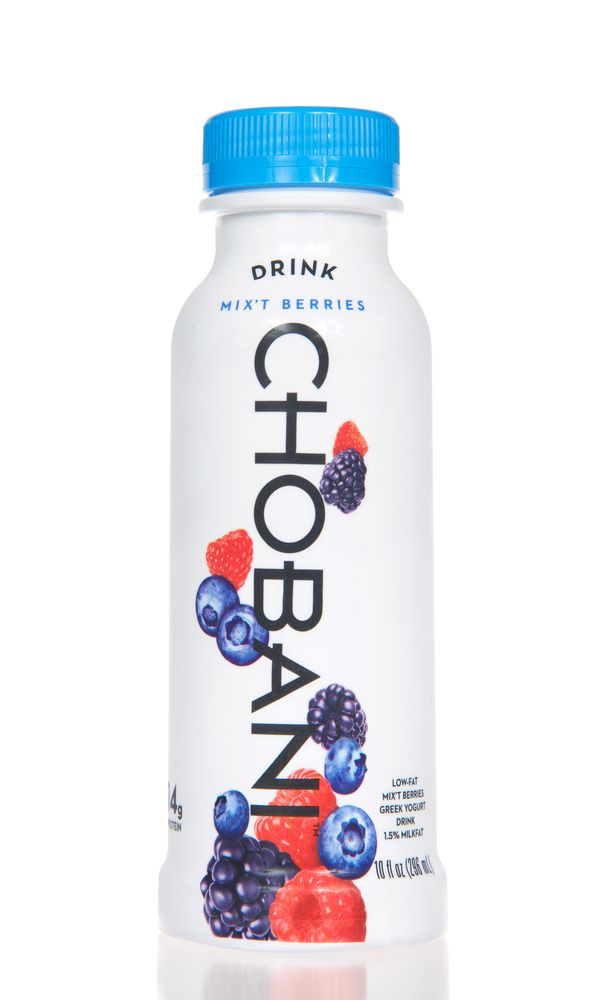
Nutritional Information (Per 10-ounce bottle):
- Calories: 170
- Fat: 2.5 g (including 1.5 g of saturated fat)
- Sodium: 115 mg
- Carbohydrates: 16 g (including 3 g of fiber and 12 g of sugar)
- Protein: 20 g
Chobani Complete Greek Yogurt Drinks make an excellent choice for a satisfying snack that also supports gut health. "Drinkable Greek yogurt is fantastic because it not only helps build a strong microbiome but also provides a significant amount of filling protein," says Miranda Galati, RD, registered dietitian and founder of Real Life Nutritionist. While these yogurt drinks contain added prebiotics, Galati suggests pairing them with fruit to enhance their gut-friendly fiber content.
Health-Ade Kombucha, Pink Lady Apple
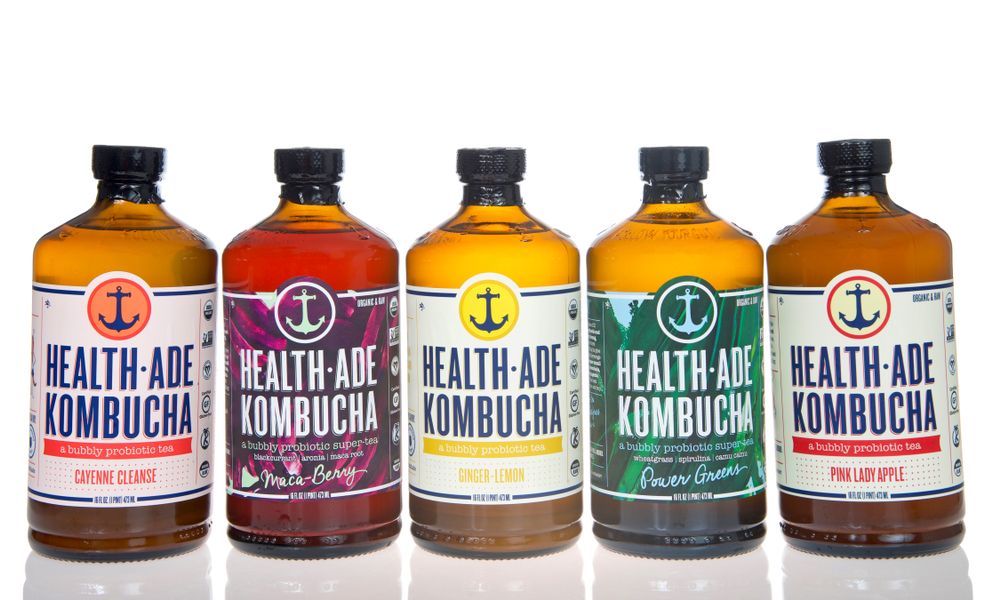
Nutritional Information (Per 16-ounce bottle):
- Calories: 70
- Fat: 0 g (Saturated Fat: 0 g)
- Sodium: 0 mg
- Carbohydrates: 0 g (including 16 g of sugar)
- Protein: 0 g
Health-Ade Kombucha is a fizzy, tart beverage loaded with gut-friendly probiotics. "During the brewing process, beneficial bacteria known as probiotics develop, which can help support a diverse microbiome," explains Miranda Galati, RD, registered dietitian and founder of Real Life Nutritionist. Health-Ade enhances their kombucha with live active cultures for an additional boost. "Since kombucha is made by fermenting tea, it offers the gut health benefits of probiotics along with an antioxidant boost from the tea itself," Galati adds.
Lifeway Lowfat Kefir, Plain
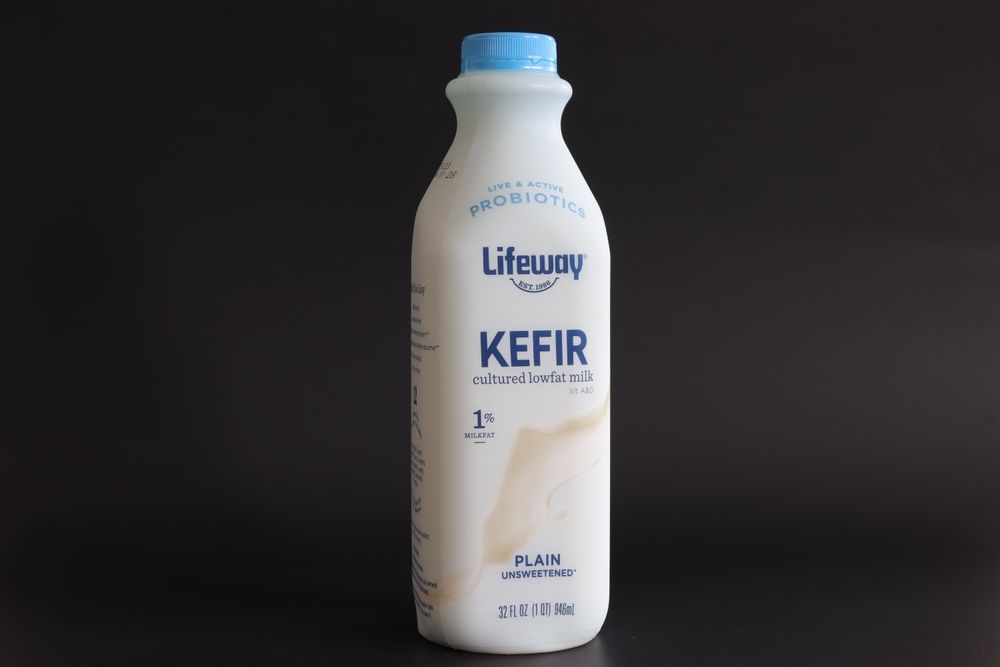
Nutritional Information (Per 1-cup serving):
- Calories: 110
- Fat: 2 g (including 1.5 g of saturated fat)
- Sodium: 125 mg
- Carbohydrates: 9 g (including 9 g of sugar)
- Protein: 10 g
"Lifeway Kefir is a cultured milk product that’s similar to a liquid yogurt drink with a slight effervescence," explains Jamie Nadeau, RDN. "This kefir offers more probiotics per serving than yogurt, provides about 10 grams of protein per cup, and is also an excellent source of calcium and vitamin D."
Plain kefir is delicious on its own or can be added to your favorite smoothie as a substitute for milk or yogurt.
Yakult
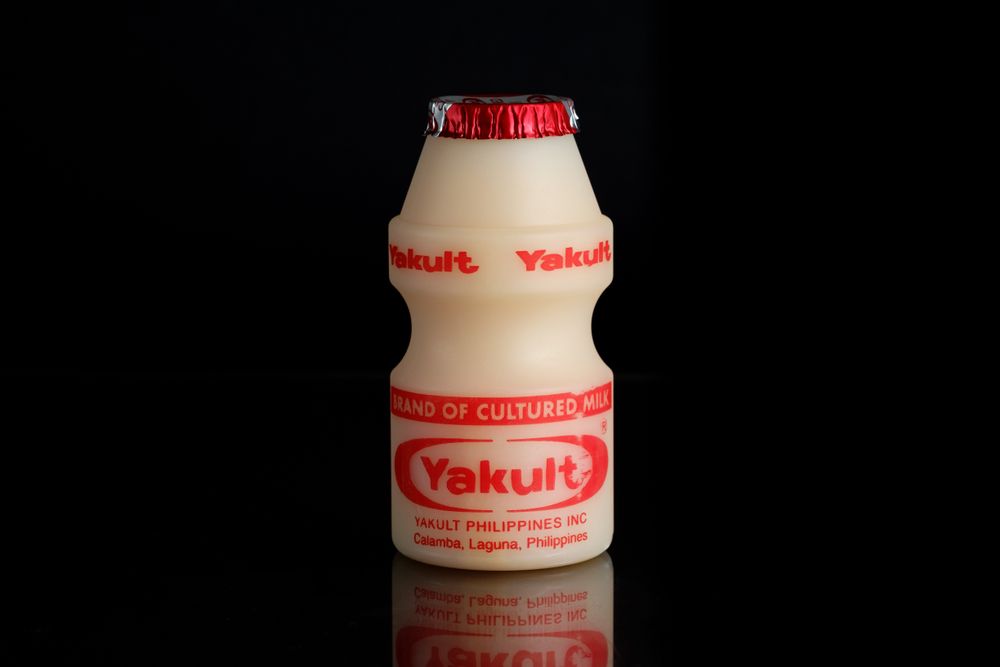
Nutritional Information (Per 2.7-ounce bottle):
- Calories: 50
- Fat: 0 g (Saturated Fat: 0 g)
- Sodium: 15 mg
- Carbohydrates: 12 g (including 10 g of sugar)
- Protein: 1 g
Yakult stands out from other probiotic drinks due to its unique probiotic strain, Lactobacillus casei Shirota. "This specific strain has been extensively researched and shown to positively impact gut microbiota," says Wan Na Chun, MPH, RD.
Chun also notes that Yakult undergoes a fermentation process that increases the number of live bacteria and enhances the probiotics' ability to survive the digestive tract, allowing them to reach the intestines and deliver their beneficial effects.
Wildwonder Sparkling Prebiotic + Probiotic Drinks
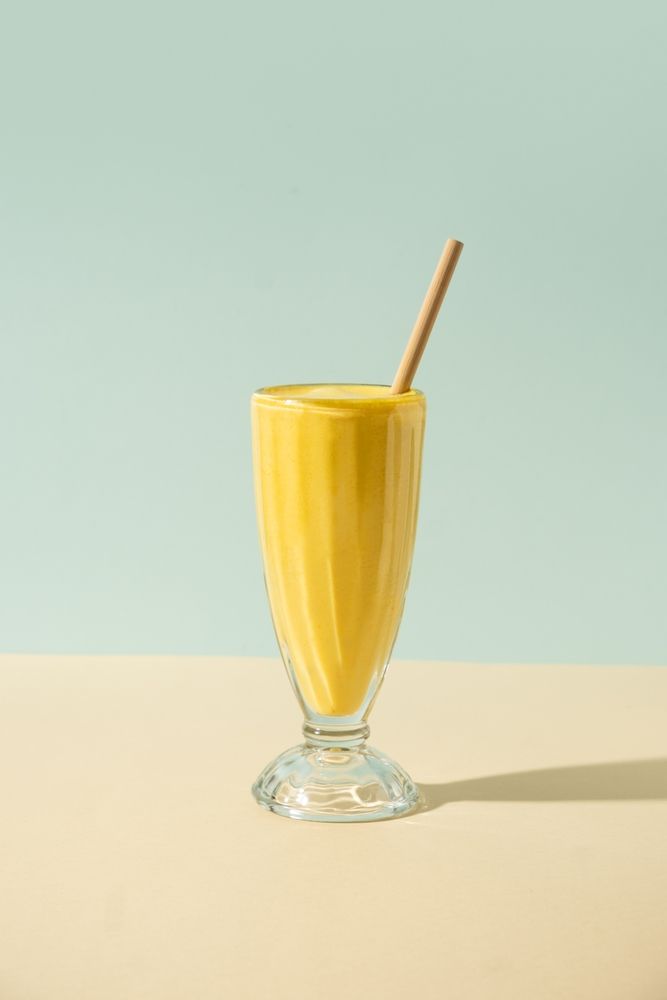
Nutritional Information (Per 12-ounce can):
- Calories: 40
- Fat: 0 g (Saturated Fat: 0 g)
- Sodium: 25 mg
- Carbohydrates: 12 g (including 5 g of fiber and 6 g of sugar)
- Protein: 0 g
For a sparkling, flavorful drink that not only tastes great but also supports your gut health, try Wildwonder. Their latest flavor, Banana Queen, delivers 1 billion probiotics, 5 grams of fiber, and just 6 grams of sugar. Swap out your regular soda for one of these and enjoy a refreshing, gut-friendly beverage.
Culture Pop Soda
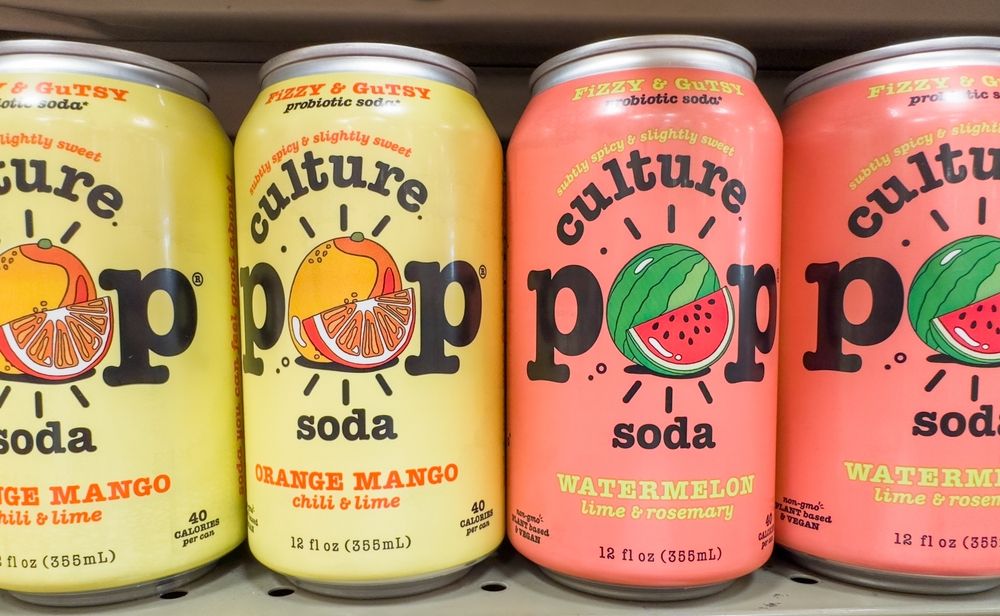
Nutritional Information (Per 12-ounce can):
- Calories: 45
- Fat: 0 g (Saturated Fat: 0 g)
- Sodium: 0 mg
- Carbohydrates: 10 g (including 8 g of sugar)
- Protein: 0 g
Trade in your Sprite, Coke, or Mountain Dew for a healthier option like Culture Pop Soda. These drinks have significantly less sugar than regular sodas just 8 grams and are packed with billions of probiotics in every can.
GoodBelly Straight Shots
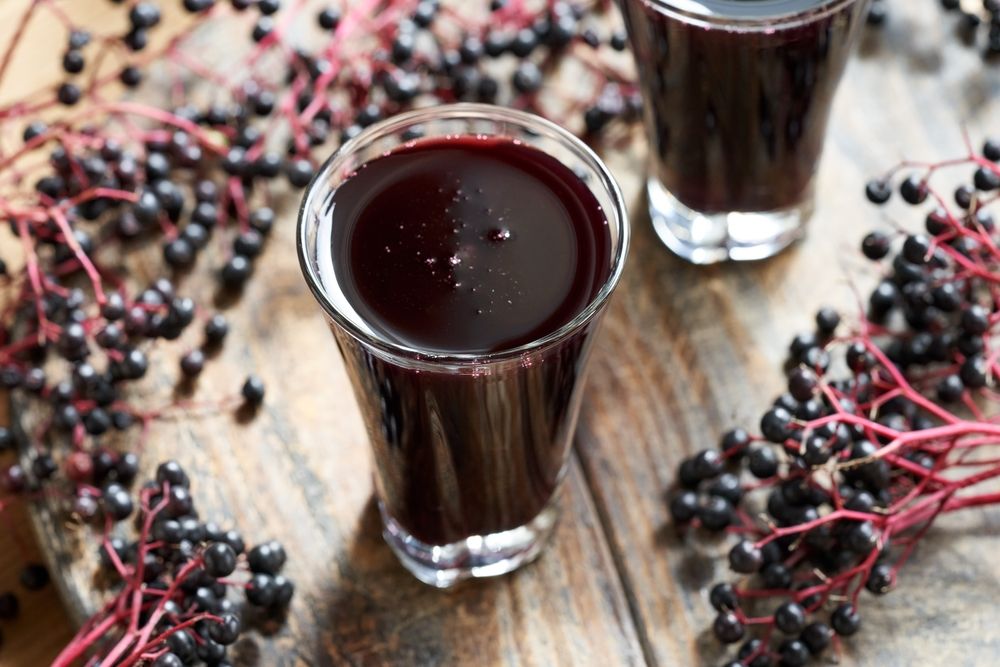
Nutritional Information (Per 2.7-ounce bottle):
- Calories: 30
- Fat: 0 g (Saturated Fat: 0 g)
- Sodium: 0 mg
- Carbohydrates: 6 g (including 3 g of sugar)
- Protein: 1 g
"Goodbelly Straight Shots are a game-changer for digestive health, delivering 20 billion probiotic cultures per serving with no added sugar," says Jessie Hulsey, RD, LD, an Atlanta-based registered dietitian. "The convenient grab-and-go packaging of Straight Shots makes it easy for individuals to incorporate these powerful probiotics into their daily routine."
Good Culture Probiotic Milk
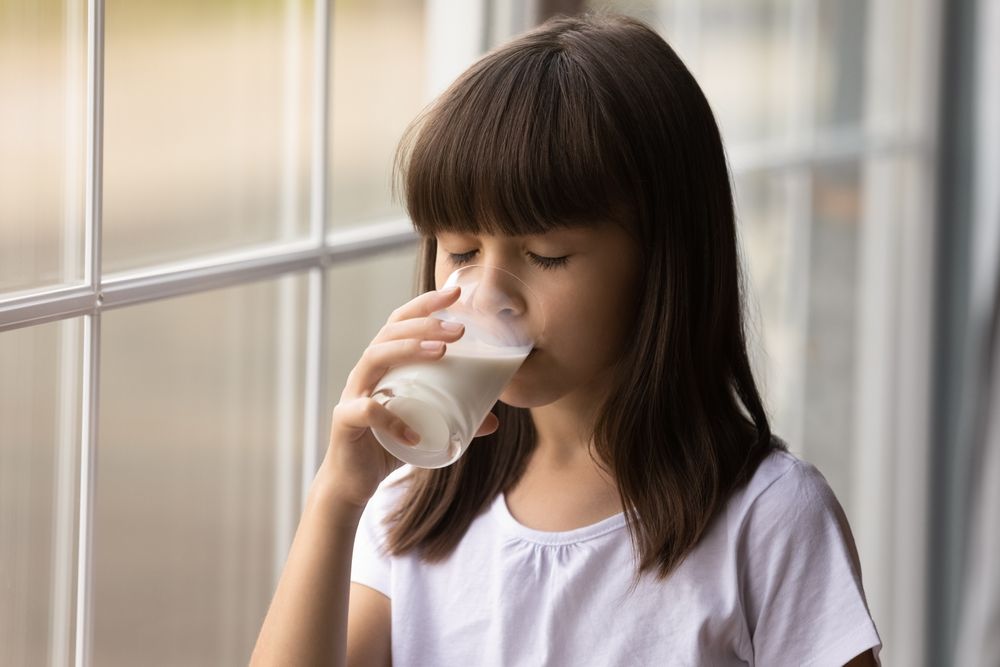
Nutritional Information (Per 1 cup serving):
- Calories: 130
- Fat: 5 g (including 3 g of saturated fat)
- Sodium: 125 mg
- Carbohydrates: 13 g (including 12 g of sugar)
- Protein: 8 g
Good Culture is well-known for its probiotic cottage cheese, but its cultured milk is quickly gaining popularity. It has the same taste and versatility as regular milk but with the added benefit of 1 billion probiotic cultures per 12-ounce serving, explains Nadeau. Additionally, it provides vitamin D, calcium, and protein. Plus, it's lactose-free, making it a gut-friendly option for those who are lactose intolerant.
Humm Probiotic Seltzer, Peach
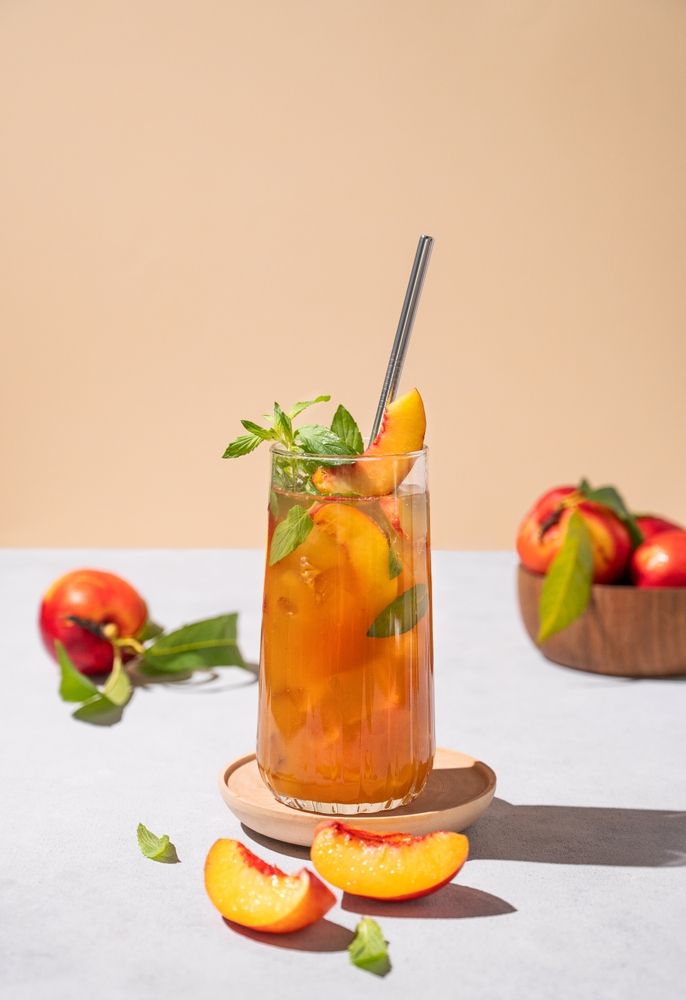
Nutritional Information (Per 12-ounce can):
- Calories: 0
- Fat: 0 g (Saturated Fat: 0 g)
- Sodium: 0 mg
- Carbohydrates: 0 g (Fiber: 0 g, Sugar: 0 g)
- Protein: 0 g
If you enjoy the bubbly taste of seltzer, try a can of Humm Probiotic Seltzer to benefit from the 2 billion probiotics it contains. Each can also provides 1,500% of your daily value for vitamin B12, 100% for vitamin C, and 150% for vitamin D, helping to support energy levels and a healthy immune system.
Karma Blueberry Lemonade Probiotic Water
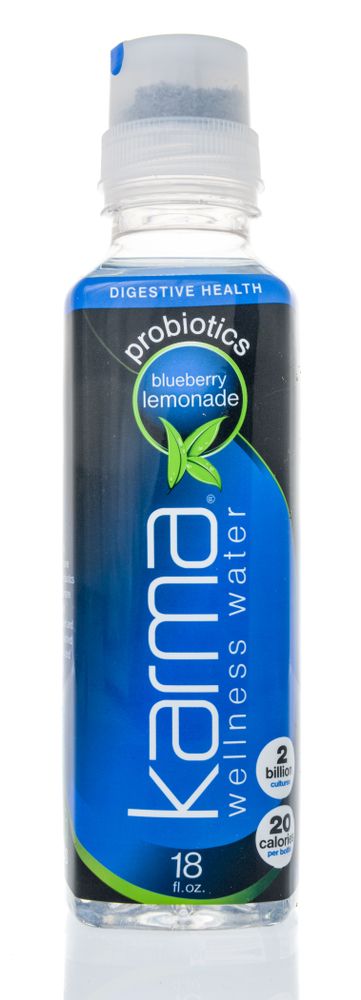
Nutritional Information (Per 18-ounce bottle):
- Calories: 20
- Fat: 0 g (Saturated Fat: 0 g)
- Sodium: 10 mg
- Carbohydrates: 6 g (including 5 g of sugar)
- Protein: 0 g
Quench your thirst while enjoying the benefits of 2 billion probiotics with a bottle of Karma Probiotic Water. "What makes this drink unique is its KarmaCap, which keeps the probiotics separate from the water until you're ready to drink," says Hulsey. "With a simple twist, the probiotics are released into the water, ensuring maximum potency and freshness."
Each bottle also provides 100% of your daily value for vitamins A, E, B6, B12, niacin, and pantothenic acid.
The Unhealthiest Probiotic Drinks
Worst: Tropicana Essentials Probiotic, Strawberry Banana
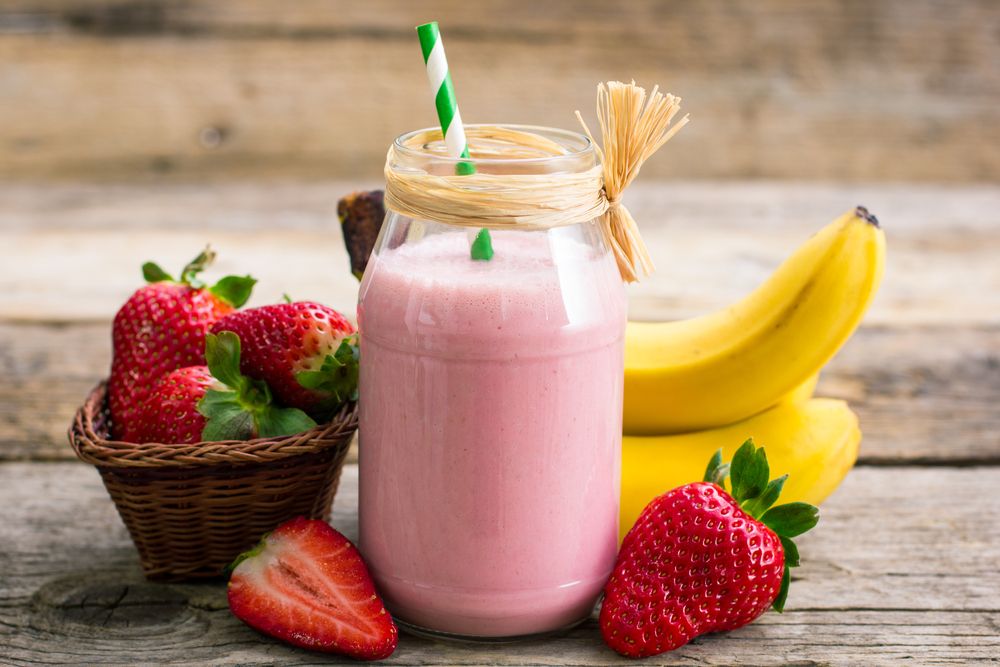
Nutritional Information (Per 8-ounce serving):
- Calories: 130
- Fat: 0 g (Saturated Fat: 0 g)
- Sodium: 10 mg
- Carbohydrates: 31 g (including 28 g of sugar)
- Protein: <1 g
"While probiotics can provide potential benefits for gut health, the high amount of added sugars in this product outweighs any potential advantages," says Hulsey. Although the sugars in this drink are naturally occurring, the overall nutrient profile is less than ideal. With no protein, fat, or fiber to slow down the digestion of the sugar, you may find yourself feeling hungry again soon after consuming it.
Worst: DanActive Probiotic Dailies
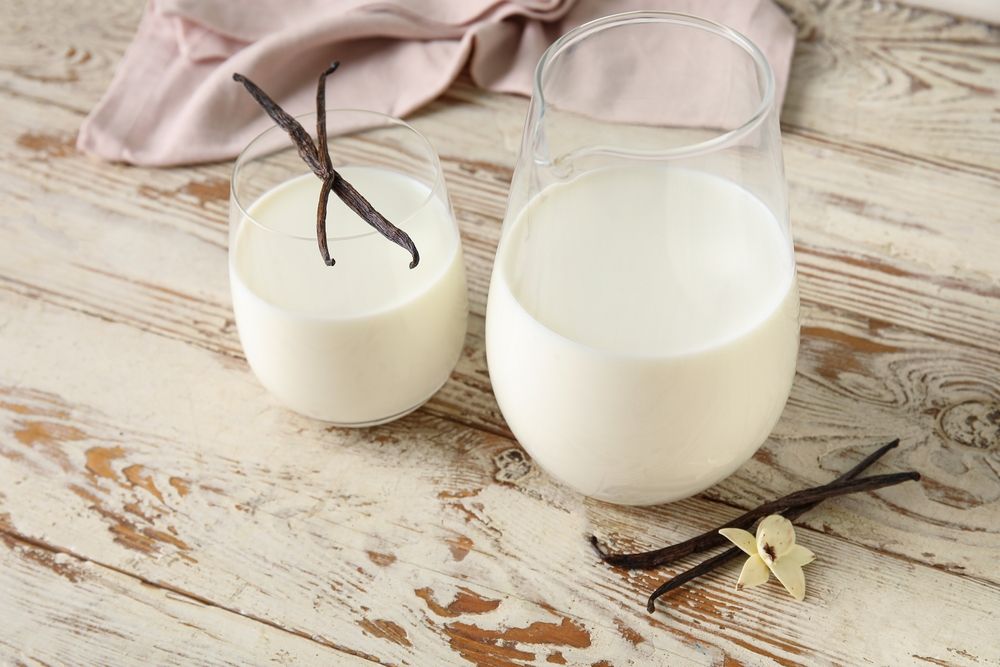
Nutritional Information (Per 3.1-ounce bottle):
- Calories: 80
- Fat: 1 g (including 0.5 g of saturated fat)
- Sodium: 45 mg
- Carbohydrates: 14 g (including 13 g of sugar)
- Protein: 3 g
While 9 grams of added sugar might not seem excessive, it's important to note that this serving size is less than half a cup. There are other drinkable probiotic yogurts available with lower amounts of added sugar, making them a better choice for those watching their sugar intake.

